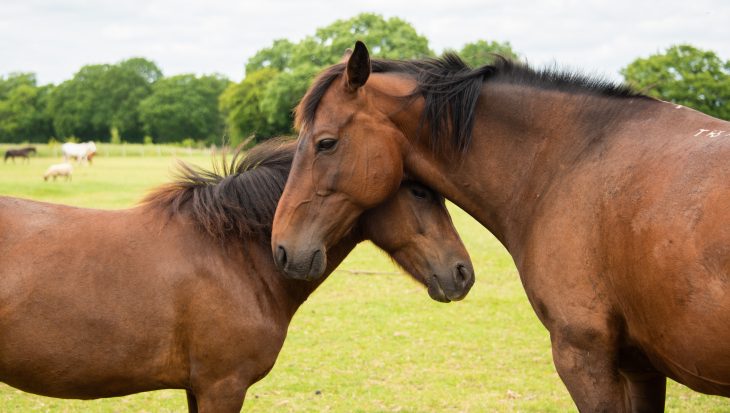Researchers in China have used a new genome editing procedure to create genetically modified (GM) macaques. These are the latest victims of a growing scientific trend that is based on faulty, over-simplistic science and has repeatedly failed to produce advances in human medicine.
The article featured in today’s Guardian (January 31) referred to speculations from scientists who believe the genome editing procedure could be used to create new primate ‘models’ of diseases such as Parkinson’s and Alzheimer’s. But monkeys do not get these diseases, and this fact cannot be altered by crude tinkering with individual genes. While some genes are implicated in the development of particular diseases, they only represent one part of a very complex picture. Genes do not operate in isolation, but interact with other genes and cellular components in ways that are unique to each species. Genes only make up 1-2 per cent of our DNA, but these are controlled by millions of ‘switches’ that regulate them in subtle and complicated ways.
Sadly, the Chinese macaques are not the only victims of the current obsession with GM animals. Animal Aid’s landmark report, Science Corrupted, examines the nightmarish suffering of GM mice, who make up a vast proportion of the animals used in experiments. As well as describing the suffering of animals who are programmed to endure conditions such as seizures or internal bleeding, Science Corrupted analyses the faulty science behind these experiments, and their dismal record in advancing human medicine.
Animal Aid does not dispute that the study of the human genome could yield valuable insights into the cause and treatment of disease. But the use of animals has no place in this – or any other – research. Instead, the focus should be on non-animal methods, such as the use of ethically-derived human cells, which produce results that are directly applicable to people.

